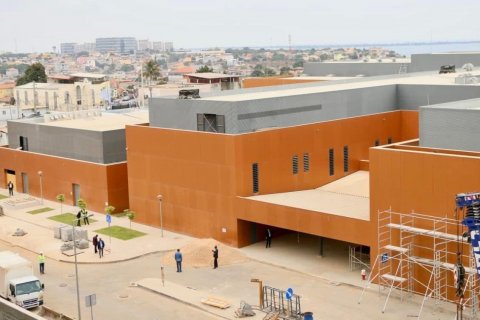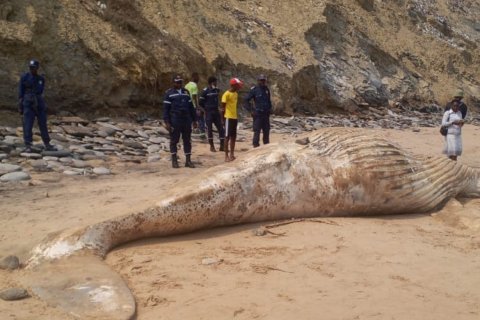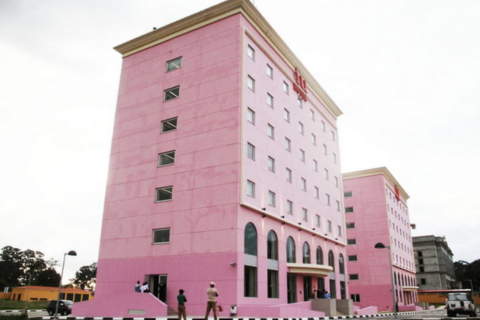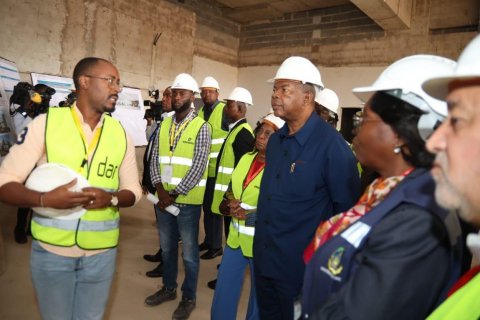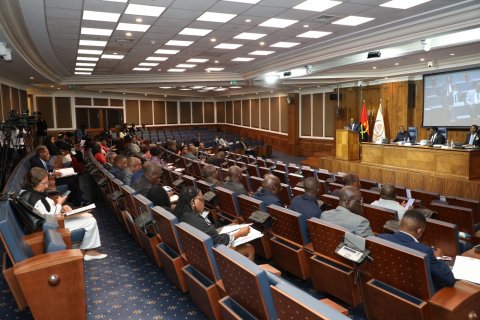The Minister of Mineral Resources, Oil and Gas stressed in the presentation of the proposal that oil blocks 30, 44 and 45, located in deep and ultra-deep waters, more than 2000 meters deep, in the Namibe basin, present "an increased operational complexity, associated with a high risk of research given its geological conditions".
Diamantino Azevedo said that in view of the results of the seismic survey, the consortiums reassessed the complexity of the blocks and concluded "there is a need to assign additional incentives, to make it possible to drill research wells and, in case of discovery, proceed to the development phase".
According to the minister, in order to ensure the continuity of oil activities in the concessions, the National Agency of Petroleum, Gas and Biofuels, the national concessionaire, negotiated with the consortium of the blocks, new contractual and fiscal terms, with reference to the increase in State revenues by via the return on investment and the maximization of oil production in concessions under pressure.
In these terms, the President will legislate on the amendment of the tax regime for the concessions of oil blocks 30, 44 and 45, which sets the tax rate on oil production at 8 percent, the tax rate on oil income at 25 percent, the uniform rate of amortization of expenses incurred with petroleum operations for periods prior to the year of commercial production by 33.333 percent, over a period of three years, beginning January 1 of the year in which commercial production begins.
In the set of tax incentives, the uniform rate of amortization of expenses incurred with oil operations is also fixed at 33.333 percent from the year in which commercial production begins, during a period of three years, counting from the year in which such expenses are carried out or the year in which the first commercial production takes place, whichever occurs later, as well as the deduction of oil income in the investment tax premium.
The holder of the Mineral Resources, Oil and Gas portfolio underlined that hydrocarbons are part of the diversification drivers of the Angolan economy, with the ongoing struggle to mitigate the decline in production, combined with the taking of measures to increase the storage capacity of fuel on land, the refining strategy, with the construction of three new refineries, implementation of petrochemical projects, among others.
In the plenary session, the National Assembly also approved the draft Law on the Labor Procedure Code, with 181 votes in favor and no votes against or abstentions.
In the voting declarations, the mixed parliamentary group of the Social Renewal Party (PRS) and the National Front for the Liberation of Angola (FNLA), said that they voted in favor because the law in force from 1963 "no longer corresponded to current requirements".
The parliamentary group of the National Union for the Total Independence of Angola (UNITA) justified that it voted in favor of understanding that it will reinforce the regulation of the legal and labor apparatus.
The Popular Movement for the Liberation of Angola (MPLA), in power, voted in favor, considering that this would unify and systematize the separate diplomas on this matter.


